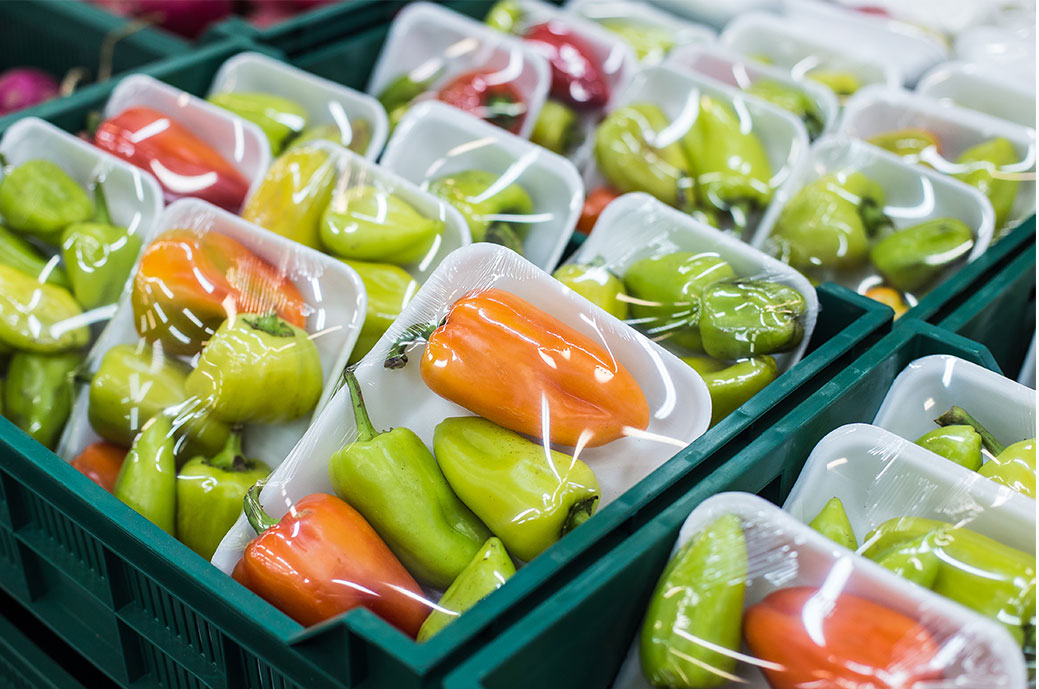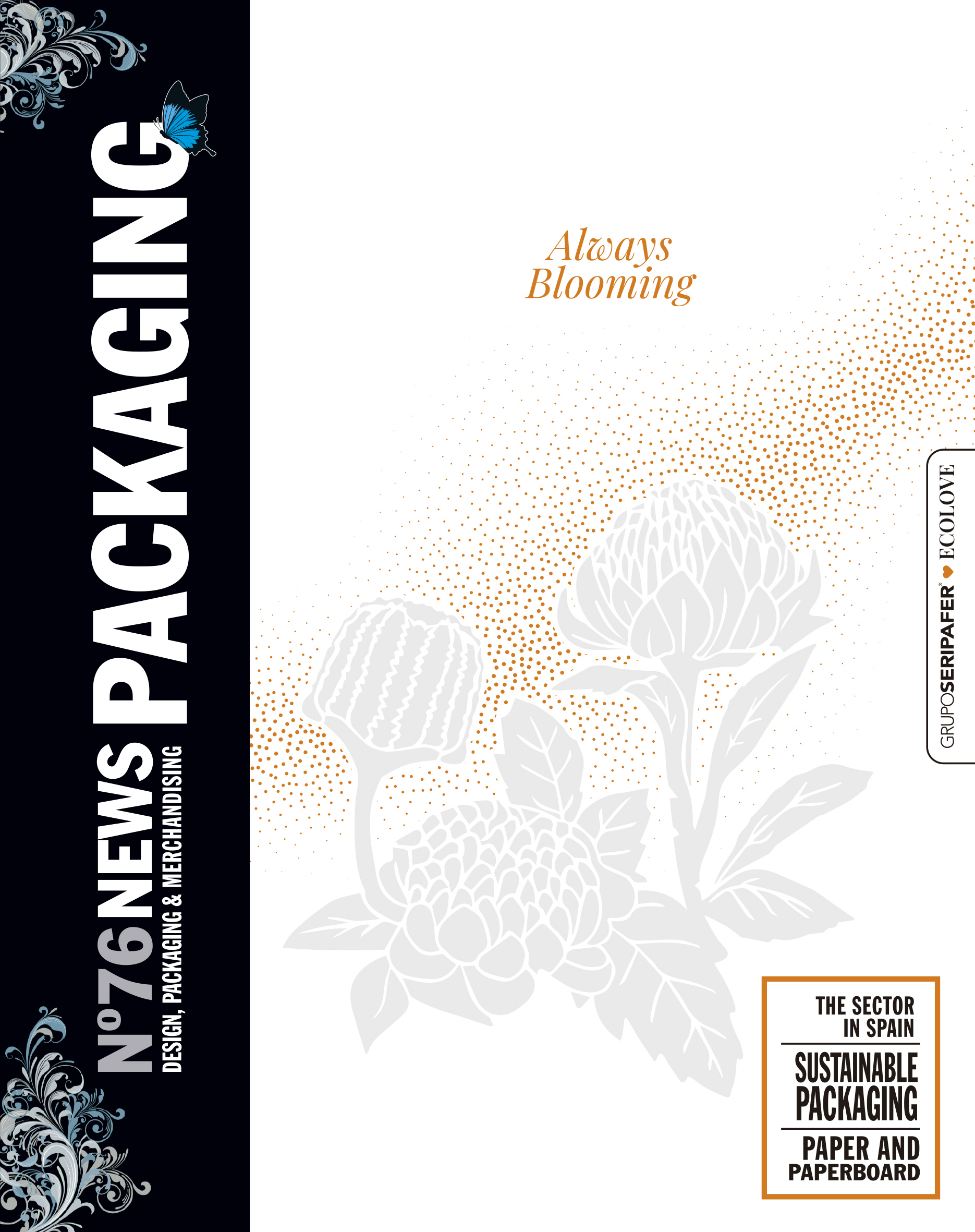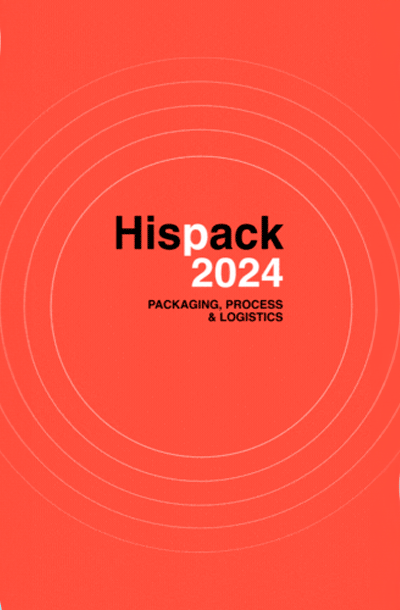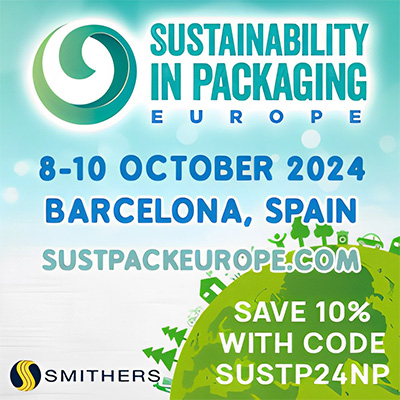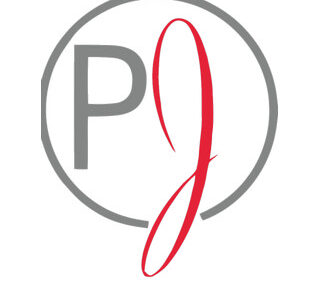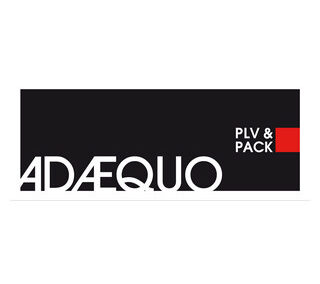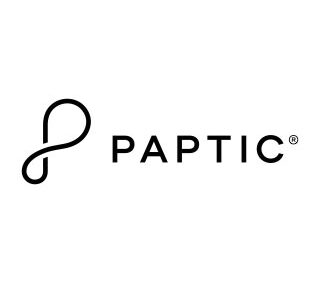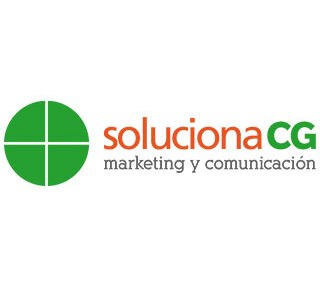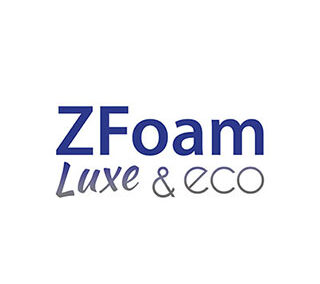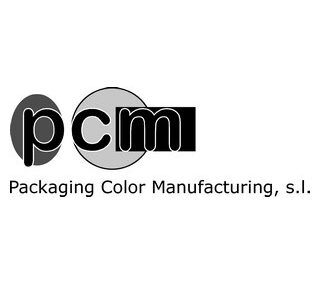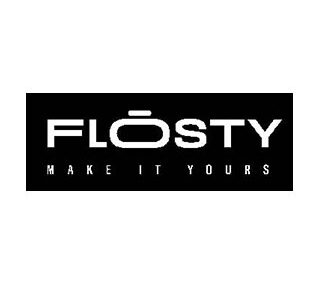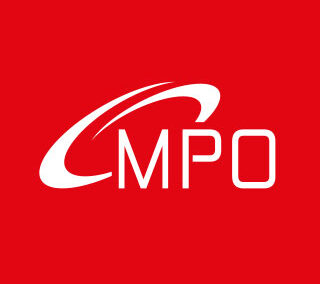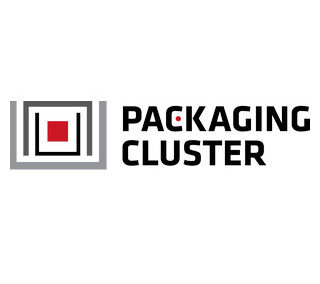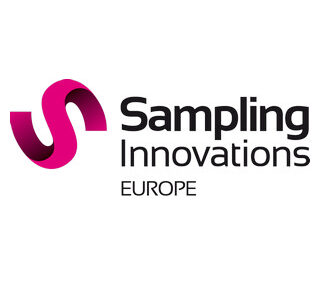El Ministry for the Ecological Transition and Demographic Challenge (Miteco) Spanish has made public a Royal Decree for packaging and waste what foresees ban in 2023 selling fruits and vegetables in plastic containers in all retail establishments.
The goal is to advance the circular economy, establishing specific objectives and measures, as indicated by Miteco. Extended producer responsibility for commercial and industrial packaging is developed and obligations for domestic packaging are reviewed; the idea is that the packers finance the entire cost of waste management.
The Royal Decree proposes a deposit system, return and return for single-use plastic beverage containers and cans, if separate collection targets for plastic bottles are not met. It also regulates that reusable containers are compulsorily put on the market through a deposit system.
Retailers will be obliged to present fresh fruits and vegetables without plastic containers for weights of less than 1,5 kg and the sale of fresh products in bulk will be promoted. In addition, if they have a sales area greater than 300 m2, they will have to inform customers about the ecological impact of packaging and its management.
Among the measures proposed by the Royal Decree, it is proposed to supply reusable containers at the point of sale and allow the filling of containers carried by the consumer, although establishments can reject them if they are dirty or inappropriate.
The standard incorporates the recycling targets established at the community level for packaging waste, both global (65% in 2025 and 70% in 2030) and by materials.
To promote recycling and the use of quality secondary raw materials in the manufacture of new packaging, especially plastics, it is included that the packaging of this material contains a percentage of recycled plastic. For PET containers these percentages are 25% in 2025, and for all plastics, 30% in 2030. A minimum content of recycled plastic is also collected by type of product, which can range from 15% for cans, tubs and trays, 25% in primary bag-type packaging, up to 6% in pallets.

